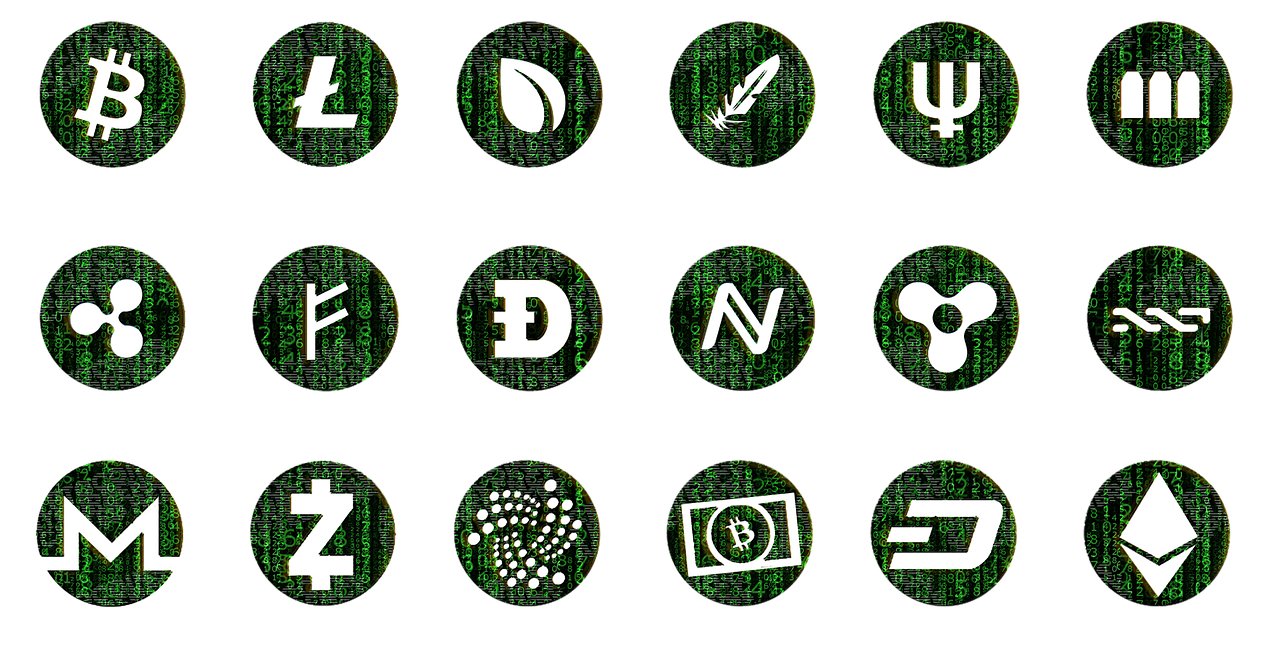While Bitcoin remains the most established cryptocurrency, a dynamic ecosystem of alternative cryptocurrencies, known as altcoins, has emerged. These altcoins offer a spectrum of functionalities and investment opportunities, expanding the landscape of digital assets.
This guide provides an overview of altcoins, equipping investors with the knowledge to assess their potential and associated risks.

Understanding the Altcoin Landscape: A Categorical Approach
Altcoins encompass a diverse range of projects, each with unique characteristics. Here’s a breakdown of some prominent categories:
- Utility Tokens:Grant access to specific services or functionalities within a blockchain platform. Examples include tokens used for decentralized applications (dApps) or payment networks.
- Security Tokens:Represent ownership or investment interests in real-world assets like stocks, bonds, or even physical property, tokenized on a blockchain for increased efficiency and transparency.
- Stablecoins:Aim to maintain a stable value, often pegged to traditional fiat currencies like the US dollar, to mitigate the volatility often associated with cryptocurrencies.
The Investment Proposition of Altcoins: Potential Benefits and Considerations
Altcoins offer several advantages for investors seeking to expand their digital asset portfolios:
- Innovation:Many altcoins focus on addressing specific challenges or limitations within the blockchain space, fostering innovation, and exploring new use cases beyond Bitcoin’s initial focus.
- Diversification:The variety of altcoins allows investors to tailor their portfolios to specific investment goals and risk tolerances.
- High Growth Potential:While inherently risky, some altcoins in their early stages of development have the potential for significant growth, particularly if they gain traction and establish themselves within the market.
Navigating Risks: A Prudent Approach to Altcoin Investment
Investing in altcoins comes with inherent risks that require careful consideration:
- Volatility:Altcoins are generally more volatile than Bitcoin, meaning their prices can experience significant fluctuations.
- Project Failure:Not all altcoin projects succeed. There’s a possibility of investing in projects that fail to gain traction or deliver on their promises, resulting in potential losses.
- Security Threats:Altcoin projects, particularly those in their early stages, can be more susceptible to hacking and security breaches, jeopardizing investor funds.
Evaluating Altcoins for Informed Investment Decisions
To navigate the altcoin landscape effectively, consider these key factors when evaluating a project:
- Team Expertise:A strong, experienced team with a proven track record in the blockchain industry is crucial for a project’s success.
- Project Purpose:Does the altcoin address a real need or solve a specific problem? Evaluate its potential utility and long-term viability within the evolving blockchain ecosystem.
- Community Support:A thriving community and active development around the project can be positive indicators of its future success and potential for wider adoption.
By understanding the diverse world of altcoins, you can potentially expand your digital asset portfolio and explore exciting investment opportunities beyond Bitcoin. Kenson Investments, a leading digital asset consulting firm, can guide you through the intricacies of altcoin evaluation and help you build a sound investment strategy tailored to your risk tolerance and financial goals.
Contact us today to learn more about altcoin investment options.
Disclaimer: The content provided on this blog is for informational purposes only and should not be construed as financial advice. The information presented herein is based on personal opinions and experiences, and it may not be suitable for your individual financial situation. We strongly recommend consulting with a qualified financial advisor or professional before making any financial decisions. Any actions you take based on the information from this blog are at your own risk.














